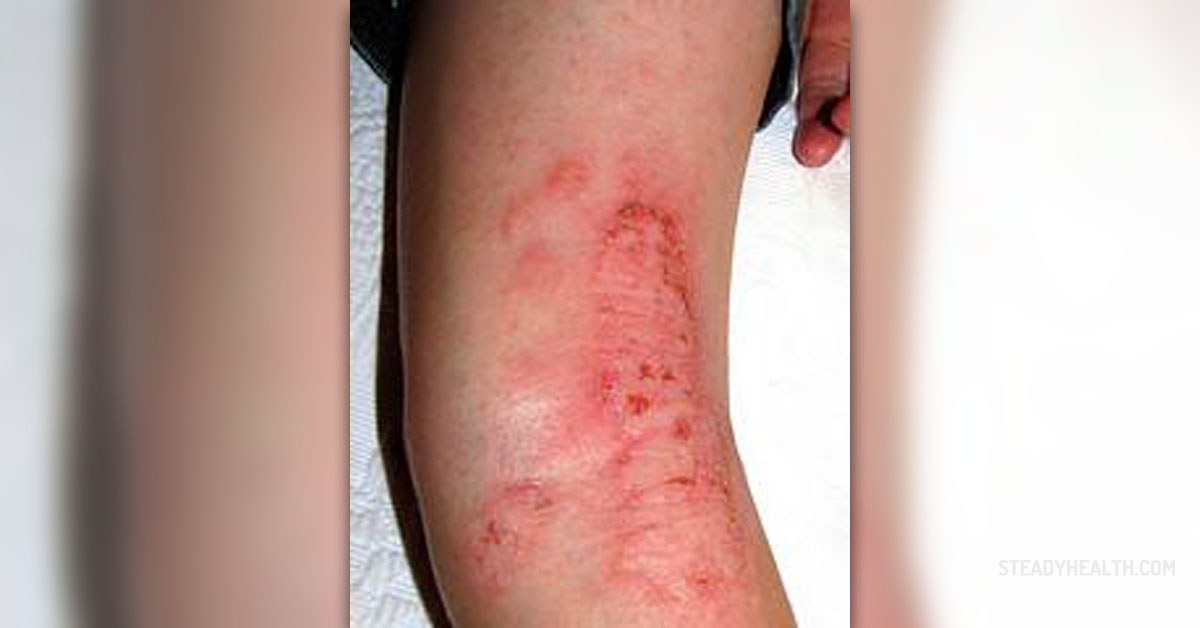
Eczema is a common non-contagious skin condition and a type of skin inflammation (dermatitis). Most patients suffering from eczema are actually dealing with atopic dermatitis (one of many forms of the disease).
Eczema may develop in people of all ages. However, the condition is much more frequent among infants. It is estimated that around 85% of all cases of the disease affect individuals younger than the age of 5. Even though there may be cases of spontaneous withdrawal of eczema, certain number of patients have to deal with recurrent disease.
Eczema may run in families and is also closely connected with several more allergic conditions such as asthma or hay fever.
Eczema: Causes and Triggers
Experts have not managed to reveal the underlying cause of eczema yet. However, they believe that a combination of a defect to the skin and abnormal function of the immune system plays a crucial role in the onset of the disease. For instance, in people suffering from atopic dermatitis, scientists have discovered certain gene defects responsible for abnormalities in certain proteins. Such proteins are essential for maintaining the barrier of the normal skin and if they are abnormal, they simply cannot function adequately.
Some types of eczema can be easily triggered after a direct exposure of the skin to certain substances. For instance, the condition may occur after exposure to or contact with soaps as well as other cosmetic products, detergents, jewelry etc. The specific skin changes may also develop due to some environmental allergens or changes in temperature or humidity. Psychological stress is another contributor of a certain type of eczema.
Eczema: Symptoms and Signs
The affected skin is dry, scaly, red and a major source of itchy/burning sensations. The appearance of the skin lesions may vary a bit depending on the type and the location of eczema. The skin may additionally change, get covered with blisters or start to ooze. Scratching the affected skin results in skin thickening and crusting.
The most commonly affected body parts are the face, neck, the inside of the elbows, knees and ankles. In infants eczema frequently develop on the forehead, cheeks, scalp, neck, forearms and legs.
Eczema: Treatment
Treatment for eczema comprises medications all of which are administered in order to reduce inflammation, prevent and alleviate itching and reduce worsening of the other existing symptoms.
Treatment depends on the patient's age, his/her general health and the type as well as severity of the condition.
Firstly, the affected skin must be kept well hydrated. This is achieved with different creams and ointments. One is also due to abstain from over-bathing. In order to keep the skin moisture after having a shower one should apply an emollient cream (e.g. petrolatum- based cream).
Secondly, people who have managed to identify the triggers of their condition should make certain lifestyle changes and keep the triggers of eczema at bay.
Thirdly, inflammation of the skin may require topical corticosteroids (creams or ointments). Patients are rarely prescribed a short course of oral corticosteroids. Such treatment is basically reserved for the acute outbreak of severe eczema. Severe itching is brought under control with oral antihistamines. Some cases of eczema require more potent drugs such as immunosuppressant medication called Cyclosporine. FDA has approved two more immune suppressants for people suffering from certain types of eczema, tacrolimus and pimecrolimus.
Finally, one more treatment modality for eczema is phototherapy (ultraviolet light therapy).




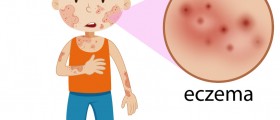



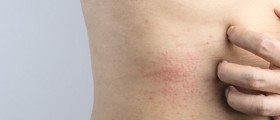
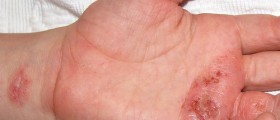

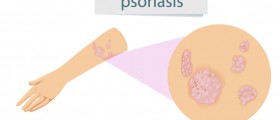
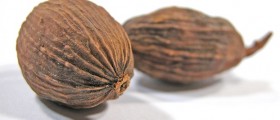
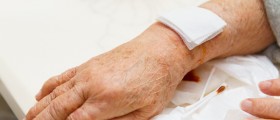

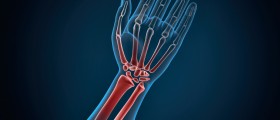
Your thoughts on this
Loading...